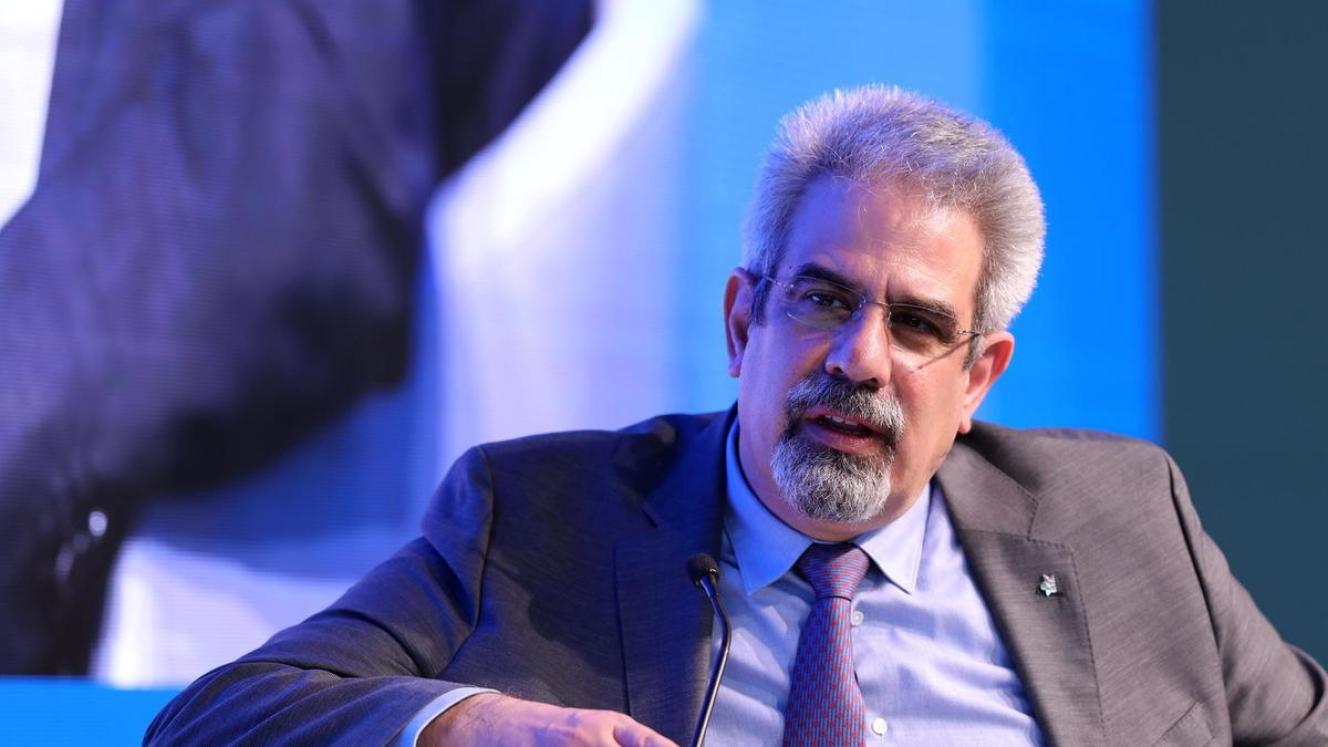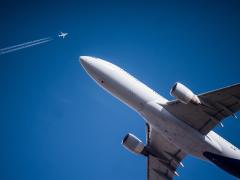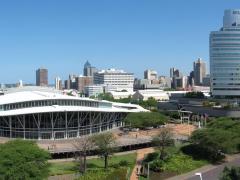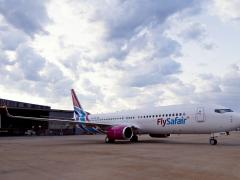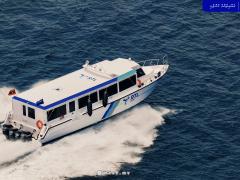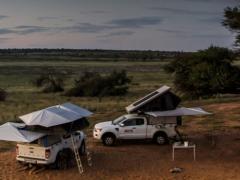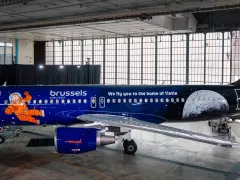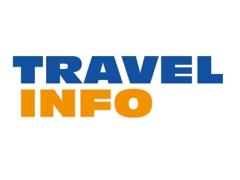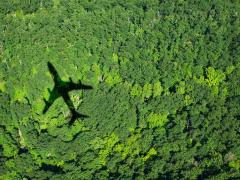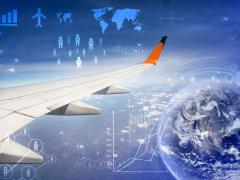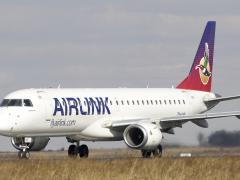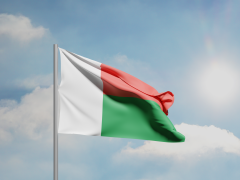If the SA government did not crank up its support for the air transport industry, it would jeopardise 80% of the 364 000 jobs in the industries supported by aviation (such as travel and tourism), said Iata Regional VP for Africa and Middle East, Kamil Al Awadhi, at a media conference in Johannesburg on Thursday, September 30.
Not only will these jobs be lost but the opportunity to build more capacity in these sectors and unlock more job opportunities and other economic benefits, will be lost too.
Al Awadhi said South Africa’s air transport and tourism sector’s contribution to GDP had all but evaporated with the COVID-19 crisis, which coincided with the closure of one airline and the deep restructuring of two others.
“In 2019, aviation supported 364 000 jobs in South Africa. Because of COVID-19, about 298,000 of those jobs have been put at risk. It’s a significant impact for over 80% of jobs to be lost if connectivity is not restored. As South Africa’s foreign trade and tourist markets begin coming back online, it is crucial that steps are taken to ensure no more jobs or opportunities are lost,” said Al Awadhi.
“The prolonged absence of a functioning South African ASLC is exacerbating the crisis by preventing new routes and competition, further curtailing options for international travellers, inhibiting trade and delaying the creation of jobs,” Al Awadhi said. He added that, in discussions with the Deputy Minister of Transport, Lydia Chikunga, he had been assured by her that the ASLC would be constituted “very soon”.
(South Africa has had no functional International Air Services Licensing Council since March 2021 – see Travel News article here. Ed)
Key priorities to support and sustain the recovery of South Africa’s air transport and tourism sectors include:
· Financial support and relief to the air transport industry: South Africa’s entire aviation industry (both government-owned and privately held entities) requires support and financial relief if it is to fulfil its role as an economic enabler and job creator. Government has several levers at its disposal – besides cash or financial guarantees, they include reductions, waivers and discounts on user charges and taxes on air travel and aviation, and wage subsidies.
· Adopting an inter-operable digital platform for COVID-19 testing and vaccination certificates: As passenger numbers increase in the recovery, digitally managing travel health credentials will be essential to prevent queuing and crowding at airports. Iata Travel Pass and the African Union’s Trusted Travel Pass are both tools that can help governments efficiently and conveniently verify traveller health credentials.
· Increasing intra-Africa connectivity: The African Union’s Single African Air Transport Market (SAATM) is intended to unlock travel and economic benefits within the continent. An Iata study found that the full implementation of SAATM across Africa would create 14 500 new jobs for South Africa and add US$283,9m (R4,2bn) to South Africa’s GDP.
On the topic of equitable distribution of COVID-19 vaccines in Africa, Iata says with the low vaccination rates across Africa, the continent and its people are vulnerable and economic recovery from the pandemic is at risk. Moreover, with more countries lifting travel restrictions for those vaccinated, freedom of movement will be limited until vaccines are universally available.
13,9% of South Africa’s population is fully vaccinated.
